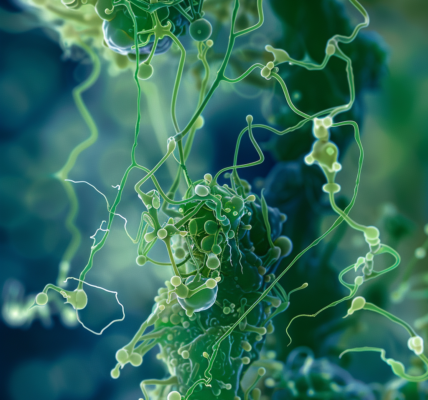This week, scientists in Canada and the U.S. have made a groundbreaking discovery in understanding the replication process of the deadly Ebola virus. The research, published in PLOS Biology, sheds light on how the virus interacts with a human protein called ubiquitin and identifies a potential target for new drugs to prevent the disease.
The study, which involved researchers from Université de Montréal, Rutgers University, and the University of Texas Medical Branch (Galveston), utilized a combination of experimental and computational methods to investigate the interaction between the Ebola virus VP35 protein and ubiquitin chains. Co-author Rafael Najmanovich, a professor in the pharmacology department of UdeM’s medical faculty, highlighted the use of advanced computational modeling to predict the binding interface between the viral protein and the ubiquitin chains in human cells. This led to the identification of potential chemical compounds that could disrupt this interaction, offering a promising avenue for the creation of more effective therapies.
With its devastating outbreaks and high mortality rates, the Ebola virus poses a significant threat to public health. Understanding the intricate processes by which the virus replicates within the human body is essential for developing effective treatments. The new study unravels some of the molecular intricacies of Ebola virus replication, shedding light on key proteins and pathways involved in the process. Using advanced molecular and cell biology, biophysics, and computational techniques, the researchers have made a significant breakthrough in deepening our understanding of how the virus works and in paving the way for the design of drugs capable of disrupting its replication and slowing down viral spread.





